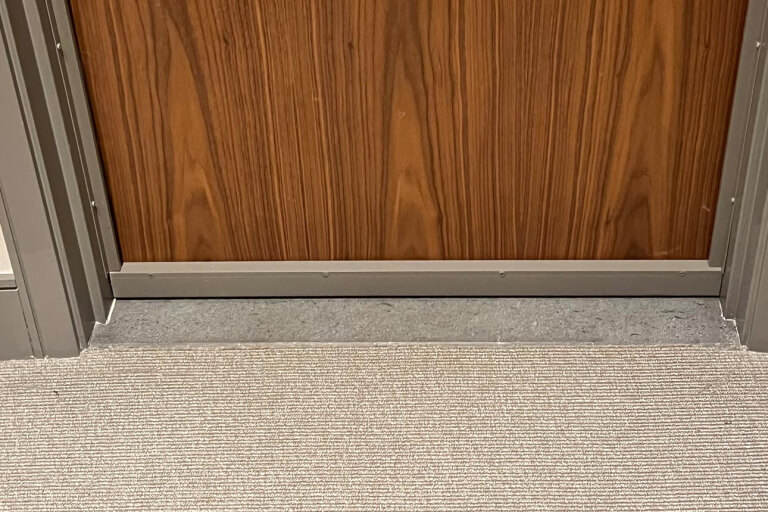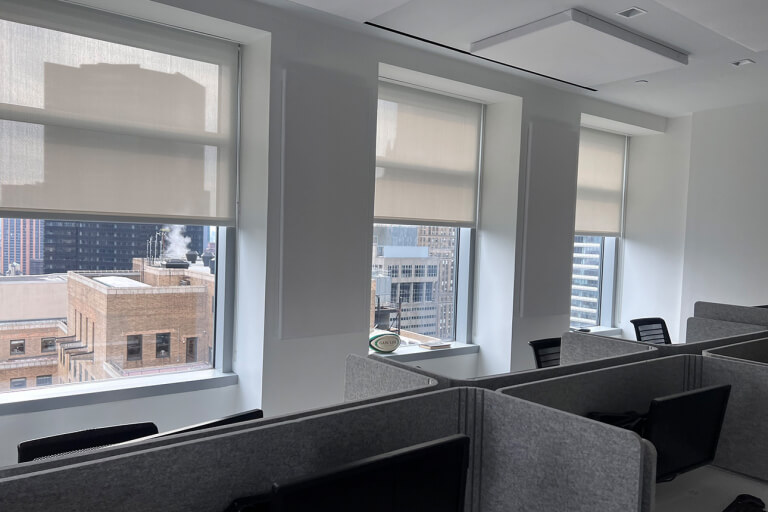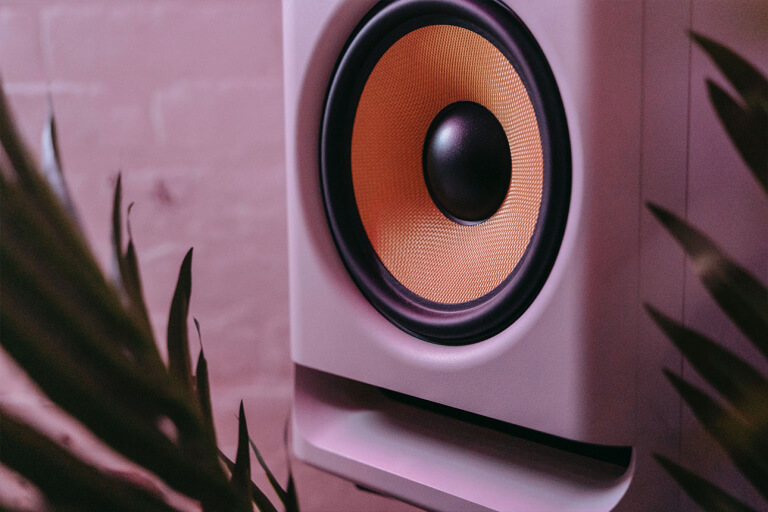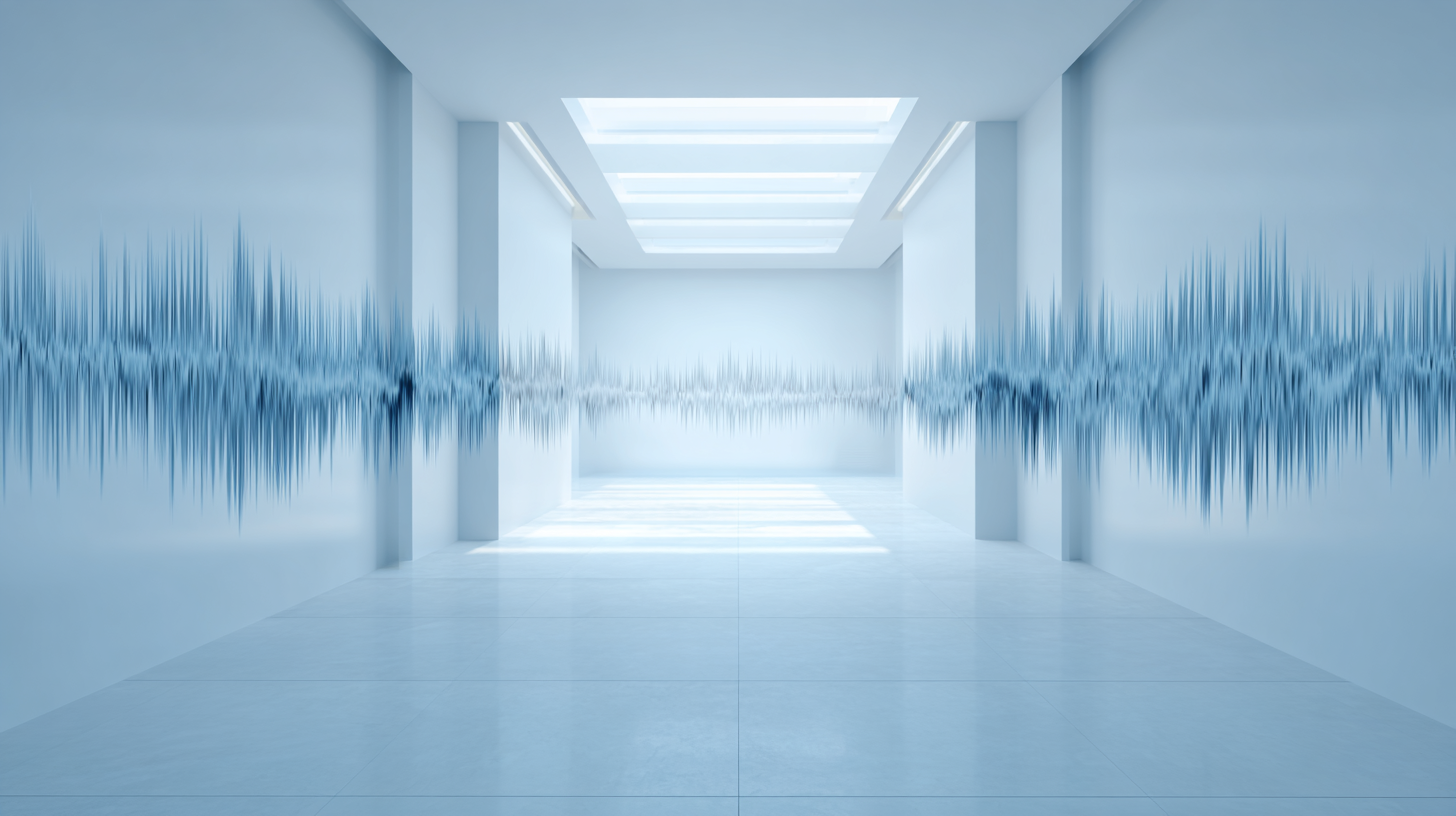How To Reduce Noise in Your Office
Creating a productive workspace starts with effective noise level management. In today's dynamic office environments, finding ways to reduce office noise has become more important than ever. No matter whether you work in an open-plan area or a compact private office, excessive noise can considerably impact on your focus and productivity. This comprehensive guide explores practical office noise reduction solutions that work for spaces of any size. From basic acoustic principles to advanced soundproofing techniques, you'll discover proven strategies how to create a more peaceful and productive work environment.
Basic Office Acoustics Understanding
Understanding how sound travels and affects your workspace is the first step in creating an effective office noise reduction strategy. Every office has unique acoustic challenges. Sound waves reflect off hard surfaces and travel through air gaps. This creates a complex web of noise that impacts productivity and well-being. There may be irritability, decreased attention span and headaches.
The modern workplace presents various noise transmission challenges. In a shared office, sounds combine to create a constant acoustic distraction. Phone calls, conversations, equipment sounds, and outside noise all contribute to the problem. Understanding these noise paths can help to determine the most effective solutions for your space. Also, we can't forget about the amount of time we spend in the office every day.
The impact on the office environment is significant. Studies show that excessive noise directly affects concentration and job satisfaction. Learning how to reduce noise in a small office becomes crucial for maintaining productivity. Sound waves behave like water - they flow around obstacles and through any available openings. This behavior makes comprehensive noise treatment essential.

Reorganizing team members can make a huge difference in the way a room sounds
Essential Soundproofing Materials
Selecting the right noise reduction office products starts with understanding and exploring acoustic panels and barriers. So the following we will review these products. These materials comes in various forms: wall-mounted panels or free-standing dividers. High-quality acoustic panels can absorb up to 80% of ambient noise, and make them a cornerstone of office noise reduction solutions.
Sound-absorbing furniture plays a dual role in how to reduce office noise. Modern acoustic chairs, sofas, and desk partitions combine functionality with noise reduction properties. These pieces offer an elegant way to reduce noise in office spaces without sacrificing style or comfort.
Door and window solutions are crucial for complete office noise reduction. Specialized seals, sweeps, and acoustic curtains help block noise transmission through these common weak points. Even small gaps around doors and windows can significantly impact overall noise levels. Proper treatment of these areas is essential for effective soundproofing. It is the one that will make the workplace comfortable and quiet.
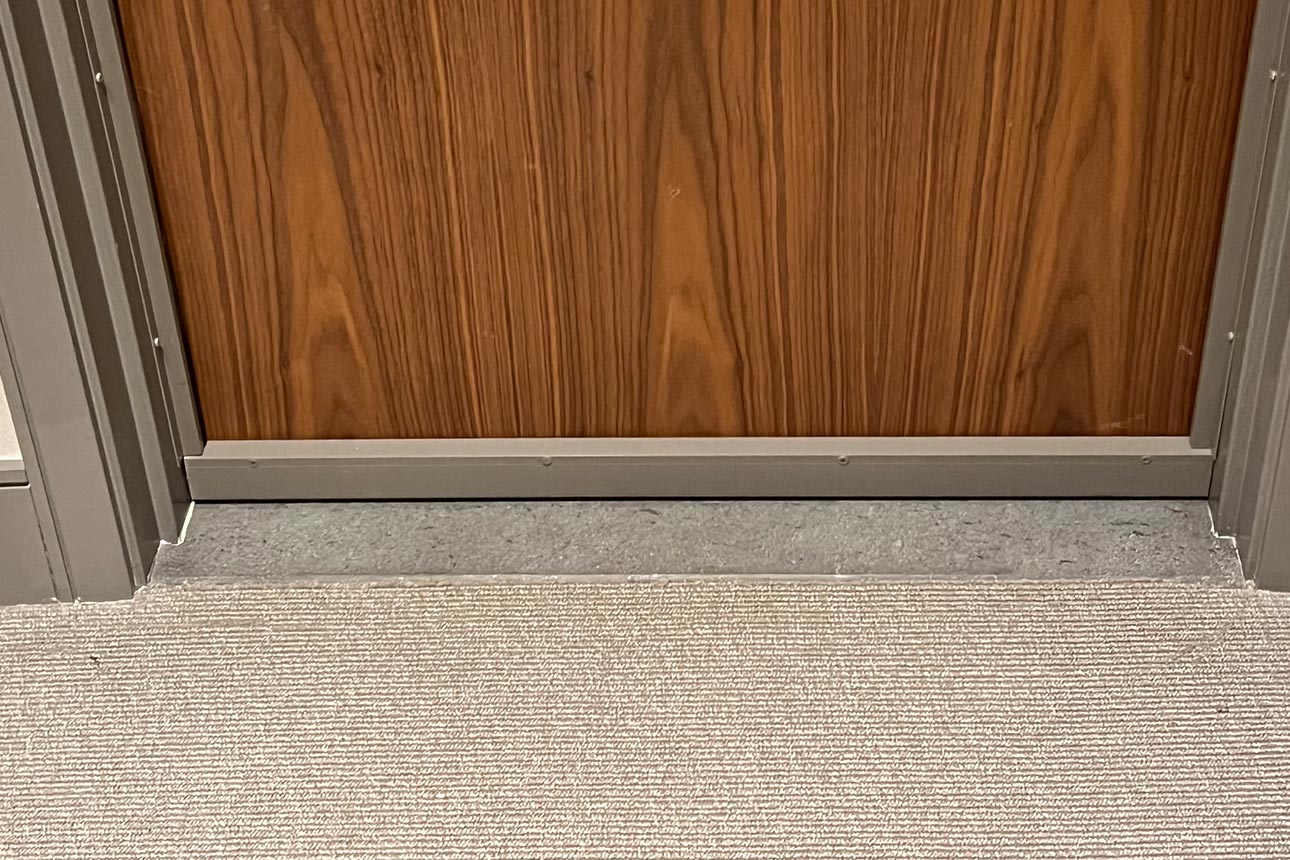
L shaped door seal
Installation and Implementation
When it comes to how to reduce noise in office spaces, proper installation is crucial. The choice between DIY and professional installation depends on your budget and the complexity of solutions needed. Simple solutions like installing acoustic panels or setting up sound-absorbing dividers can be DIY projects. And it may be able to solve the issue. However, structural modifications often require professional expertise.
The process of implementation should have a strategic plan. It should include several steps. First, you should start with the most destructive sources of noise. It have the greatest impact on the well-being and comfort of the officeThan gradually work toward finer acoustic adjustments. This step-by-step approach helps manage costs while ensuring steady improvement in noise reduction. Remember that effective office noise reduction is often achieved through multiple small changes rather than one large solution.
Small Office Solutions
Learning how to reduce noise in a small office requires creative space management. Space-efficient methods include using slim-profile acoustic panels and multi-functional furniture with sound-absorbing properties. Wall-mounted solutions help maximize floor space while providing effective noise control.
Compact soundproofing solutions are particularly important in small offices. Consider using acoustic desk screens. It provides privacy separation and noise reduction without taking up valuable floor space. These noise reduction office products can be easily adjusted or moved as needed, and suggest flexibility in smaller spaces.

Bass frequency is the strongest and carries the farthest
Shared Office Treatment
How to reduce noise in a shared office presents unique challenges. Common areas require special attention to acoustic treatment. Sound masking systems can help create a more comfortable acoustic environment by adding a subtle background noise that makes conversations less distracting.
Workstation isolation plays a crucial role in office noise reduction solutions. Using a combination of desk dividers, acoustic panels, and strategic furniture placement helps create individual quiet zones within the shared space. These elements work together to reduce noise in office environments while maintaining an open, collaborative atmosphere.
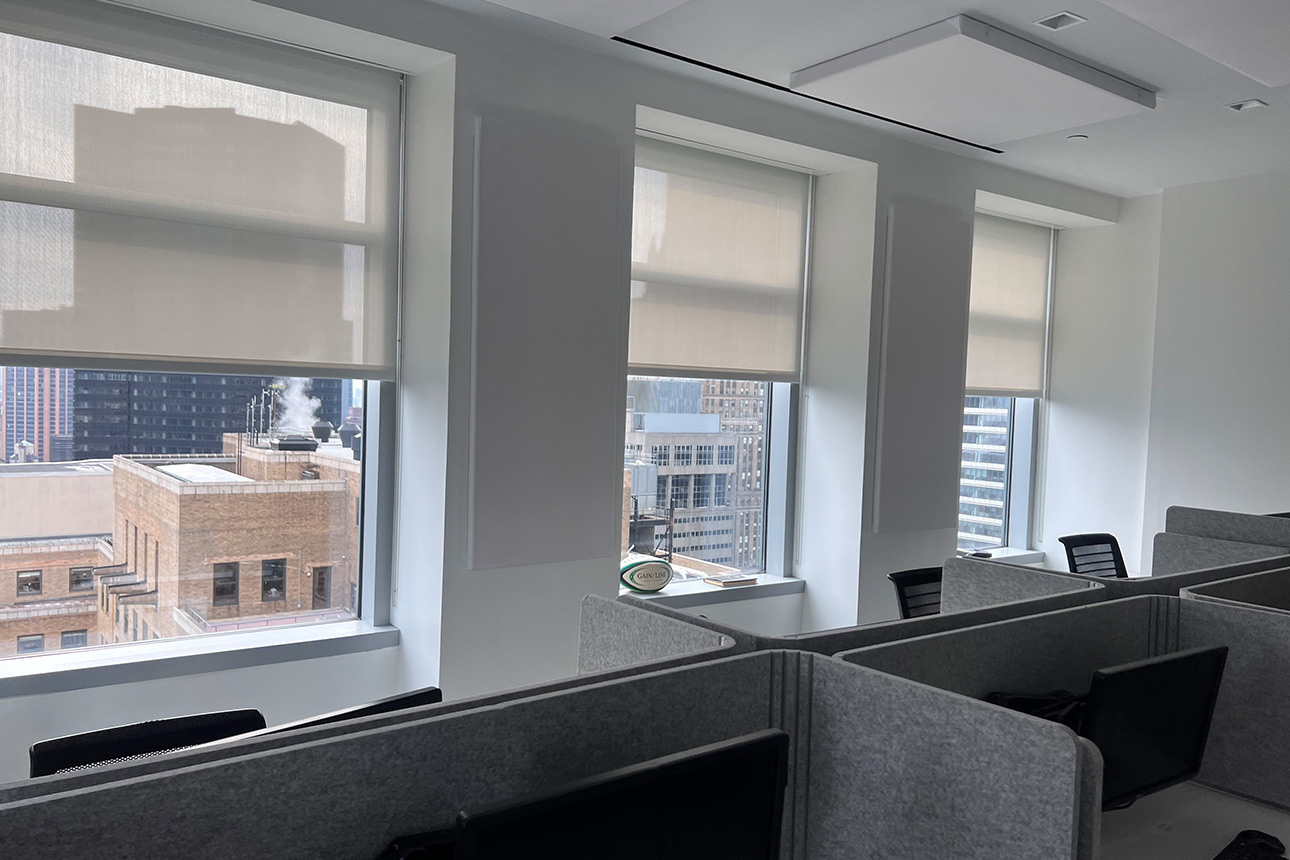
Acoustic ceiling and wall panels in an open office environment greatly reduce noise travel
How to Create Your Ideal Acoustic Environment
Successfully implementing office noise reduction strategies requires patience and consistent effort. Start with the most impactful solutions for your specific situation and gradually refine your approach. Regular monitoring of noise levels helps track progress and identify areas needing additional attention.
Remember that creating an effective acoustic environment isn't just about installing noise reduction office products. It's about developing a comprehensive strategy that addresses your unique workplace challenges. Whether you're dealing with how to reduce noise in a small office or managing acoustics in a larger shared space, the key is finding the right combination of solutions that work for your team.
As workplace dynamics continue to evolve, the importance of proper acoustic treatment remains constant. Investing in office noise reduction solutions not only improves current working conditions but also creates a foundation for future workplace success. By following the guidelines in this article, you can create a more productive, comfortable, and acoustically balanced office environment that benefits everyone.
Start implementing these solutions today, and you'll quickly notice the positive impact of reduced noise levels on workplace productivity and well-being. The journey to reduce office noise might seem challenging at first, but the results are well worth the effort.

